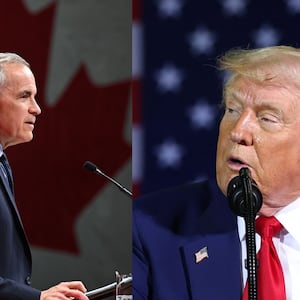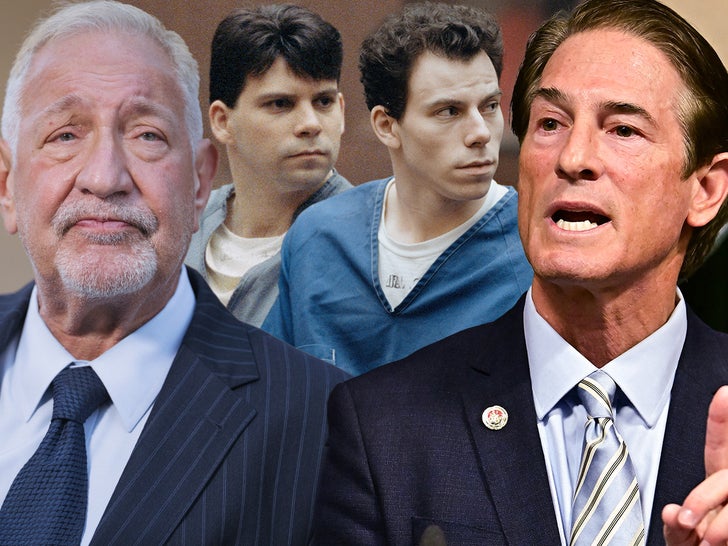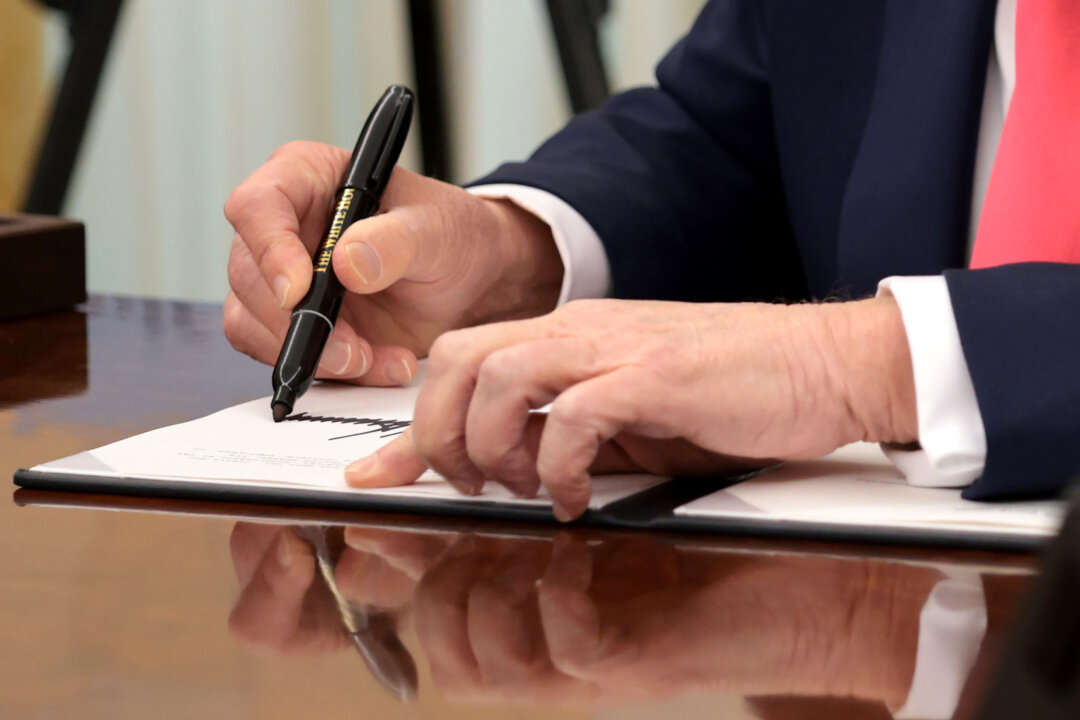Rory McIlroy falls to his knees in celebration after winning in a playoff against Justin Rose in the final round the Masters tournament, Sunday, April 13, 2025, in Augusta, Ga. Facebook Twitter WhatsApp SMS Email Print Copy article link Save AUGUSTA, Ga. — Earlier this week, Rory McIlroy related a story of how his daughter Poppy recently came home from school where her classmates were talking about him and asked, as only a 4-year old can, “Daddy, are you famous?” Yes, dear Poppy, he is.
That’s what happens when you win the Masters tournament. That’s what happens when you win the career grand slam. For a long time, and unfairly, McIlroy was famous for his losses.

His almost-but-not-quites. His heartbreaks. How he hit one of the cabins (again, they’re really enormous houses) on the 10th hole here at Augusta National Golf Club in the 2011 Masters when he had a one-stroke lead going to the second nine.
How he came up short at the 2022 British Open at St. Andrews, where every British subject dearly wants to win. How he missed two short par putts on 16 and 18 in the final round of the 2024 U.
S. Open at Pinehurst, handing victory to Bryson DeChambeau. It all added up to a weight on McIlroy’s shoulders.
Weight he carried with him to the first tee Sunday along with his two-stroke lead over that same DeChambeau. “I was really nervous going out,” McIlroy said. He drove into the cavernous bunker at 1, got on the green in three and three-putted for a double bogey.
It dropped him into a tie for the lead with DeChambeau and flipped the switch on one of the wildest, most dramatic Masters final rounds ever. And for McIlroy, as he walked to the second tee, the double bogey strangely did something for him that a bracing double whiskey in Augusta’s clubhouse couldn’t have done. “It’s almost like it calmed my nerves,” McIlroy said.
That’s good, because the entire day was nerve wracking. For everyone. DeChambeau took the lead with a birdie at 2, but McIlroy then went birdie-birdie on 3 and 4 and amazingly was now up three shots on DeChambeau after he bogeyed those same holes.
Eventually, DeChambeau would fade from prime contention into a tie for fifth with a scuffling 75. But others would take up the charge. Justin Rose.
Ludvig Aberg, runner up to Scottie Scheffler last year. Scheffler himself, and former University High golfer Patrick Reed, the 2018 Masters winner. Still, for a time it looked like McIlroy was going to run away to Butler Cabin and the green jacket ceremony when he went to 14 under with a birdie at 10.
But he let everyone, particularly Rose, back into it with a double bogey on the gettable par-5 13th when he fanned a simple wedge shot into the bottom of rocky Rae’s Creek. It led to McIlroy’s fourth double bogey of the week. Can you make four doubles and win the Masters? Maybe you can if you do what McIlroy did two holes later, hitting a sweeping 7-iron from 208 yards over the pond and onto the 15th green to set up a birdie.
His wedge betrayed him again on 18, as he found a bunker and made bogey to wind up in a sudden-death playoff with Rose, his friend and respected rival, who earlier made a gutsy birdie on the same hole. Both hit great shots to the 18th green in their sudden-death playoff, a proper gap wedge this time for McIlroy that he put to four feet leading to a winning birdie. The birdie made McIlroy just the sixth man ever to win the career grand slam — all four majors — the Masters, U.
S. and British Opens, and the PGA Championship. It made him the first European to do it.
But perhaps, most importantly, it relieved him of an enormous burden he’d carried since that cabin-rattling tee shot in 2011. Since, strangely in a way, he won the 2014 British Open to put him one Masters victory away from the grand slam that everyone expected he would quickly capture. It all seemed to slide off McIlroy as he sank to his knees on the 18th green, more relieved, he admitted, than elated.
His face sank to the grass as tears flowed. That was followed by a hug from his long-time caddie, Harry Diamond, from his wife Erica, from Poppy, from fellow Irishman and defending Zurich Classic co-champion Shane Lowry, from everyone in the gallery it seemed. Rory wanted to share the greatest moment of his golfing life with everyone.
Finally, he pulled away from one last embrace and announced, “I’ve got to go get a green jacket.” McIlroy broke down again when he thought of his family, his team/entourage every golfer has now. “They know the burden I’ve carried here year after year,” McIlroy said.
“To try and try and try again.” No more trying. No more failing.
No more questions. No more dreaming of what this winning moment would be like and fearing, at 35, it might never come. “A moment like that makes all the years and the close calls worth it,” McIlroy said.
An historic moment to end one of the most thrilling and momentous Masters ever..
Politics

Scott Rabalais: Rory McIlroy, famous for his heartbreaks, now famous for his Masters win

AUGUSTA, Ga. — Earlier this week, Rory McIlroy related a story of how his daughter Poppy recently came home from school where her classmates were talking about him and asked, as only a 4-year old can, “Daddy, are you famous?”















